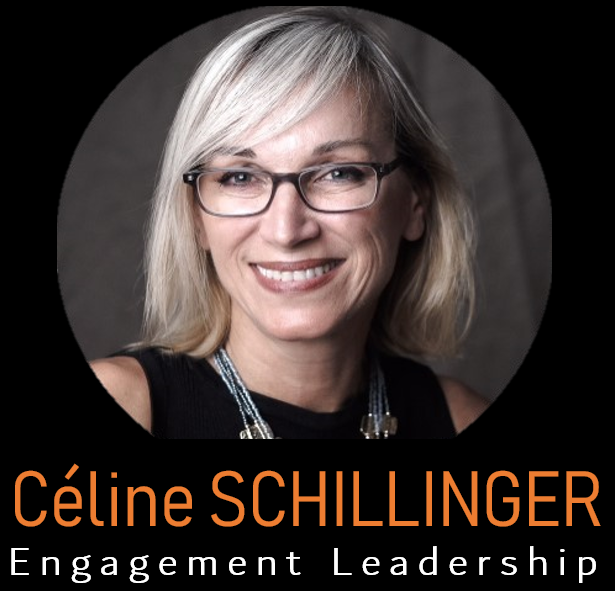No Playing With (Social) Fire
Turner - The Burning of the Houses of Parliament
Stop dreaming. You will never hear a traditional, regulated industry go for social media with genuine enthusiasm.
Even when marketers or IS specialists get it, the rest of the organization generally doesn’t. In the face of social business, incomprehension and distrust are the norm.
A typical example is the Pharma industry. Although digital and social initiatives are not rare any more, to make a new social venture happen is still a painful journey.
Cumbersome procedures, lack of management support, misunderstanding of coworkers are enough to quench the enthusiasm of social business advocates. Why? Because many preconceived ideas, fantasies almost, distort the picture of social:
“Social is vain”. Social networks are for young people – or people with enough time to lose –, they count for nothing versus real-life connections, and discussions taking place there are futile.
“Social is nasty”. Sentiment is mostly negative against the industry and social media gives echo to the nastiest activism of ignorant crowds. Better keep evolving in the familiar world of press releases, press conferences and media trips.
“Social is unnecessary”. In many fields of business, corporate people still believe success depends on science and lobbying. For public health related business, the recipe for success would combine relevant scientific data + support of respected scientific opinion leaders + proper channeling of tailored messages to policy makers. A pinch of marketing, slick visuals, and there you have it.
“Social chases away compliance”. Specifically for the Pharma industry, procedures imposed by health authorities are supposedly not compatible with wide social engagement. When you have to report any single adverse drug reaction you become aware of – in just a few hours –, or when any allusion to a benefit that’s not in the drug’s label is strictly forbidden, it’s pretty hard to consider opening the floodgates of social conversation. Imagine thousands of people complaining or speculating about your drug on social channels, day and night, 365 days a year. In the absence of FDA guidelines, how do you manage?
A wealth of opportunities
But, these are convenient excuses for not trying. The reality is that there is a wide space open for experimentation of social engagement. The benefits are clear: as global PR Agency Weber Shandwick states, social media for Pharma:
Allows direct communications with audiences
Adds value to patient and physician communities
Shapes perceptions
Gains insight into patient populations, and
Extends important messages
(in 2013 Digital Health: Building Social Confidence in Pharma).
No one said it was easy. “But digital health can become a solution instead of a problem if seen for what it actually is: an amazing tool for connecting patients, caregivers, healthcare professionals, treatment providers, and institutions with the information necessary to advance public health” says Michael Spitz in an Oct. 2013 article.
With the emergence of collaboration and listening tools, Pharma companies and other traditional industries are starting to enter the game. But few leverage the full power of social engagement. Why?
It’s a mindset (and leadership) issue
Traditional, regulated industries and the executives that drive them are deeply influenced by organization principles inherited from the Fordist era. “Control” is an absolute value, and “risk avoidance” a perpetual motto. Today’s litigation culture and short-term financial management have only strengthened these aspects.
Organizations are optimized for business efficiency, segmented along functions and grades. Processes enable a standardized replication of a maximum of activities, to ensure the predictability of production, quality, and business results.
Human “resources” must also meet the demand for control. Talent acquisition and development are very standardized. As a result, the management and leadership teams are amazingly homogeneous from a gender, culture, education, and social origin standpoint. The “dominant while male” is still the leader archetype.
Such teams are not diverse enough to innovate and promote an authority-driven type of leadership, where being a good element in the chain of command is at least as valued as the in-the-job performance. This mindset stands pretty far from what social business requires.
Authenticity, connecting capacity, appetite for complexity, flexibility with hierarchical codes, collective and inclusive leadership, empathy with all types of interlocutors… are the enabling skills in today’s social economy, and what precisely is still missing within the traditional industry.
In my next blog post, I will propose solutions for regulated industries to embrace social engagement, based on experience and observations. Your ideas are very welcome, feel free to share!
In the meantime, if you haven’t done it yet, take the test – How wired are YOU for social collaboration?

